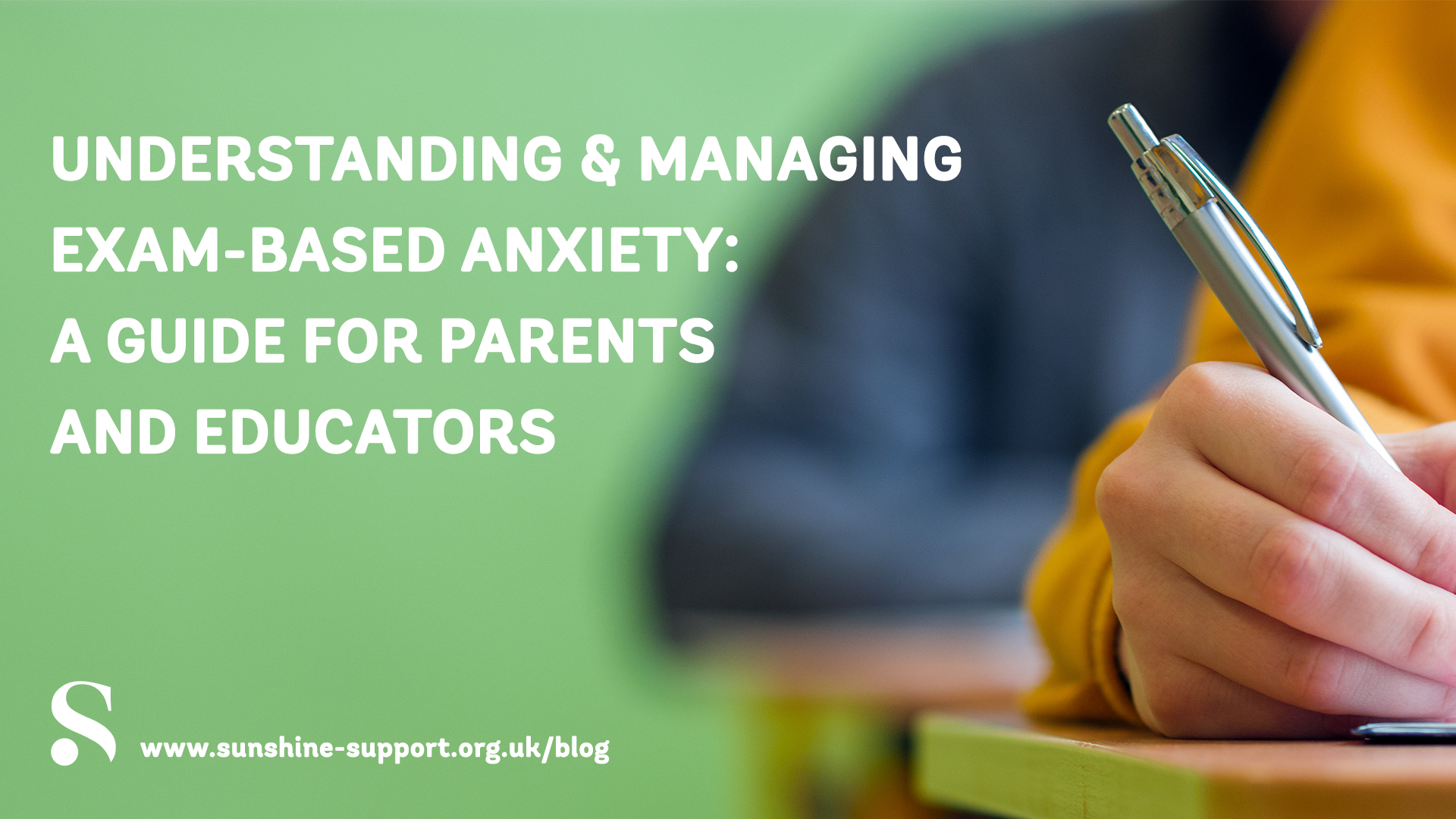
As we approach the exam season, it’s crucial to remember that for many children and young people, this period can bring about heightened levels of anxiety and stress. I’m here to shed light on this issue and offer insights and strategies to help pre-empt and manage exam-based anxiety effectively.
Why Do Children Experience Exam-Based Anxiety?
Firstly, it’s essential to understand why some children and young people may experience anxiety during exam periods. For many, the pressure to perform well, fear of failure, and worries about meeting expectations can lead to overwhelming feelings of stress. Additionally, the unfamiliarity and sensory differences often presented by the exam environment, as well as the importance placed on these tests by schools and parents, can contribute to heightened anxiety levels.
Reasonable Adjustments to Support Anxious Students
As a specialist teacher with years of experience in this area, I’ve found that implementing reasonable adjustments can make a significant difference in supporting anxious students. Some practical adjustments include rest breaks, offering a quiet and comfortable environment, and allowing the use of anxiety-reducing tools such as stress balls or fidget toys. Moreover, clear and transparent communication about the exam process and expectations can help alleviate some of the uncertainties that contribute to anxiety. In some cases, young people may be eligible for more formalised access arrangements in response to the anxiety they experience, such as extra time for exams, which require specific application by the appropriate member of the school team. This is often the Exams Officer or SENDCo, who should be your first point of call if you’d like to know whether this may apply to your child.
Developing Resilience and Self-Esteem
Building resilience and self-esteem in students is another crucial aspect of managing exam-based anxiety. Encouraging a growth mindset, where mistakes are viewed as opportunities for learning and growth, can help students approach exams with a more positive and confident mindset. Furthermore, praising effort rather than just outcomes can boost students’ self-esteem and reduce the fear of failure.
Anxiety Management Tips and Hints
Here are some anxiety management tips and hints that can be beneficial for children and young people:
- Deep Breathing: Teach your child simple deep-breathing exercises to help them calm their nerves during stressful situations.
- Mindfulness and Relaxation Techniques: Encourage your child to practice mindfulness and relaxation techniques to reduce anxiety and promote a sense of calm.
- Positive Self-Talk: Teach your child to replace negative thoughts with positive affirmations to boost their confidence and reduce anxiety.
- Healthy Lifestyle Choices: Ensure your child gets plenty of sleep, eats a balanced diet, and engages in regular physical activity, as these factors can significantly impact their stress levels and overall well-being.
Join Our Upcoming Webinar on Exam-Based Anxiety
To delve deeper into this important topic and learn more about effective strategies to support anxious students during the exam period, we invite you to join our upcoming webinar on 25th April. This 2-hour session, presented by Ange McMillan (a BACP accredited counsellor), will focus on understanding exam-based anxiety and developing resilience and self-esteem in students. Even if you can’t make it on the day, the webinar will be available on catch-up on the Sunshine Academy, ensuring you don’t miss out on this valuable information.
Watch live: https://www.eventbrite.co.uk/e/841449707727
Watch on demand: www.sunshine-support.org/academy
Conclusion
In conclusion, exam-based anxiety is a common issue that many children and young people face during the exam season. By understanding the causes of anxiety, implementing reasonable adjustments, and fostering resilience and self-esteem in students, we can effectively support them in managing their anxiety and approaching exams with confidence and positivity.
Don’t forget to mark your calendars for our upcoming webinar on 25th April! Together, we can make a difference in supporting our children and young people through the exam period and beyond.







